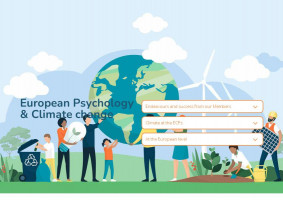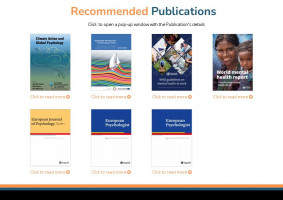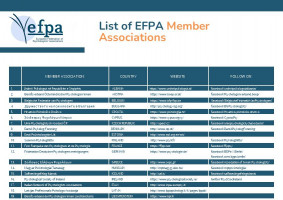Recommended Publications
Click to open a pop-up window with the Publication's details
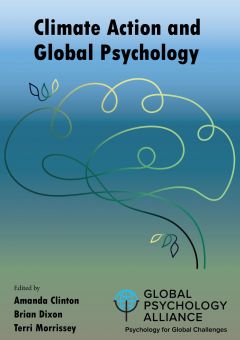
Click to read more
Climate Action and Global Psychology
By Global Psychology Alliance
Climate Action and Global Psychology offers a unique, multi-national perspective on organised psychology’s nascent collaborative efforts to address the world’s climate crisis.
This volume is a combination of theoretical and empirical work, varying according to section and topic. Leadership models related to major global crises like climate tend to be more theoretical, while chapters on projects in specific countries are more empirically oriented. The efforts of global psychology and its constituent professional organisations must address the need to understand the imminent threats posed for Indigenous peoples by climate change and seek ways to ensure psychology empowers and supports the actions of their people.
Learn more on the New Zealand Psychological Society website
Click to read more
Sustainable development in the European Union — Monitoring report on progress towards the SDGs in an EU context — 2022 edition
Eurostat
Sustainable development is firmly anchored in the European Treaties and has been at the heart of European policy for a long time. The 2030 Agenda for Sustainable Development and its 17 Sustainable Development Goals (SDGs), adopted by the UN General Assembly in September 2015, have given a new impetus to global efforts for achieving sustainable development. The EU is fully committed to playing an active role in helping to maximise progress towards the Sustainable Development Goals. This publication is the sixth of Eurostat’s regular reports monitoring progress towards the SDGs in an EU context. The analysis in this publication builds on the EU SDG indicator set, developed in cooperation with a large number of stakeholders. The indicator set comprises around 100 indicators and is structured along the 17 SDGs. For each SDG, it focuses on aspects that are relevant from an EU perspective. The monitoring report provides a statistical presentation of trends relating to the SDGs in the EU over the past five years (‘short-term’) and, when sufficient data are available, over the past 15 years (‘long-term’). The indicator trends are described on the basis of a set of specific quantitative rules. This 2022 edition also analyses the COVID-19 pandemic’s impacts during 2020, 2021 and the beginning of 2022 that are visible in Eurostat’s official statistics.
Download publication as PDF or order eBook here
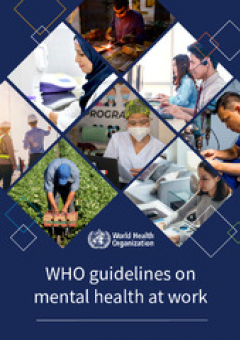
Click to read more
WHO Guidelines on mental health at work
World Health Organization publications | 28 September 2022
An estimated 15% of working-age adults have a mental disorder at any point in time. Depression and anxiety are estimated to cost the global economy US $1 trillion each year driven predominantly by lost productivity. People living with severe mental health conditions are largely excluded from work despite participation in economic activities being important for recovery. The WHO guidelines on mental health at work provide evidence-based recommendations to promote mental health, prevent mental health conditions, and enable people living with mental health conditions to participate and thrive in work. The recommendations cover organizational interventions, manager training and worker training, individual interventions, return to work, and gaining employment. The guidelines on mental health at work aim to improve the implementation of evidence-based interventions for mental health at work.
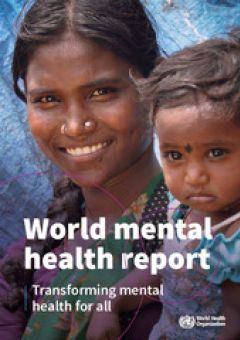
Click to read more
Transforming mental health for all
World Mental Health Report | June 16, 2022
Mental health is critically important to everyone, everywhere. All over the world, mental health needs are high but responses are insufficient and inadequate. This “World Mental Health Report” is designed to inspire and inform better mental health for all. Drawing on the latest evidence available, showcasing examples of good practice from around the world, and voicing people’s lived experience, it highlights why and where change is most needed and how it can best be achieved. It calls on all stakeholders to work together to deepen the value and commitment given to mental health, reshape the environments that influence mental health, and strengthen the systems that care for mental health.
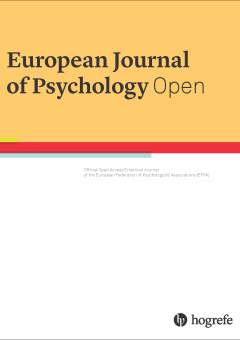
Click to read more
European Journal of Psychology Open - Vol 81. Issue 3. 2022
Original Articles
Brief Report
The Magic of WDEP in Reality Therapy. Improving Intimacy Needs and Personal Communication in Married Males

Click to read more
The European Psychologist - Vol 27. Issue 4. 2022
Original Articles and Reviews
Adolescents’ Post-Divorce Sense of Belonging. An Interdisciplinary Review Prospects
New Insights Into the Clinical and Nonclinical Effects of Psychedelic Substances. An Integrative Review
Social Representations and Emotions. A Review of Effects in Two Directions
Open Access
Assimilation and Accommodation. A Systematic Review of the Last Two Decades
Early Intervention in Autism Spectrum Disorder. An Integrative Literature

Click to read more
The European Psychologist - Vol 28. Issue 1. 2023
Original Articles and Reviews
Integrating Technology in Neuropsychological Assessment. A Narrative Review of the Main Obstacles, New Developments, and Potential Issues in Assessment Through Tablets
Dark Tetrad, Acceptance of Sexual Violence, and Sexism. A Comprehensive Review
Social Representations, Social Identity, and Representational Imputation. A Review and an Agenda for Future Research
Why Does Grief Hurt? A Systematic Review of Grief and Depression in Adults
Shift Happens. Changes in Goal Orientation During Goal Pursuit




